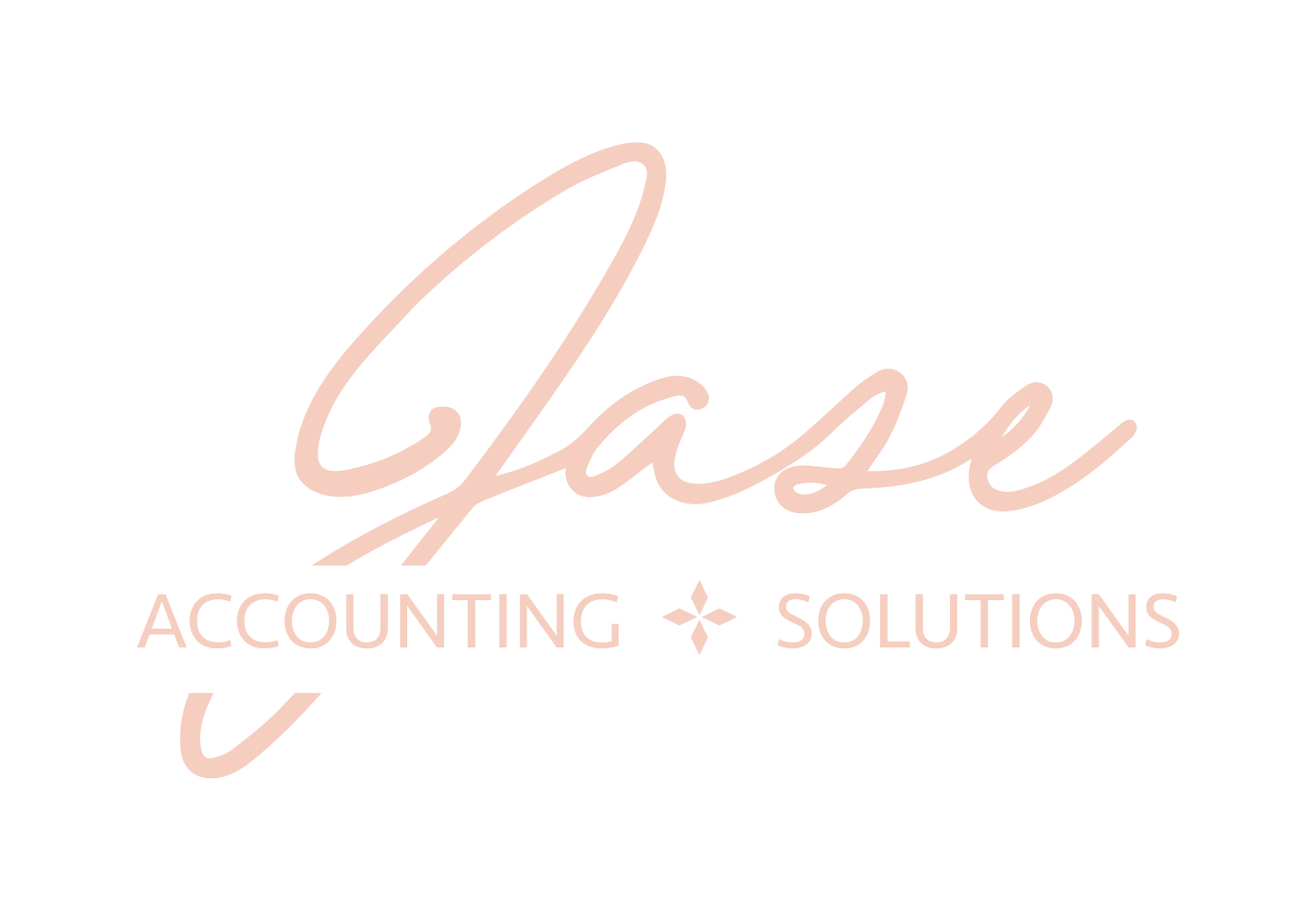Managing Cash Flow in Your Small Business
Looking for some insights and strategies on managing cash flow in your small business? As a small business CFO, I understand the importance of not just achieving financial success but also fostering a harmonious work environment. By optimizing your cash flow, you can strike that perfect balance between financial stability and nurturing a supportive workplace. So, let's dive into some strategies for effective cash flow management, including efficient management of accounts payable and receivable.
Crafting an Effective Cash Flow Management Strategy
Effective cash flow management is the cornerstone of a thriving small business. Here are some strategies to consider:
Develop a cash flow forecast: Create a detailed projection that outlines expected cash inflows and outflows for the upcoming months. Regularly update this forecast to anticipate potential financial challenges or opportunities.
Keep an eye on financial statements: Regularly review your financial statements, including the income statement, balance sheet, and cash flow statement. This will help you identify trends, make informed decisions, and keep a pulse on your business's financial health.
Build an emergency fund: Set aside a portion of your profits as an emergency fund to cover unforeseen expenses or revenue fluctuations. Having a financial safety net can help you navigate unexpected challenges with grace.
Efficiently Managing Accounts Receivable
Managing accounts receivable is crucial for maintaining a steady cash flow. Here are some tips to consider:
Set clear payment terms: From the outset of your business relationships, communicate clear payment terms to your customers and clients. Include due dates and any applicable late payment penalties.
Invoice promptly: Send invoices as soon as services are rendered or products are delivered. The quicker you invoice, the sooner you'll receive payment.
Follow up on overdue accounts: Proactively follow up with customers who have overdue payments. Send polite reminders and consider offering flexible payment options when necessary.
Consider incentives: Encourage prompt payment by offering early payment discounts or other incentives to clients who pay in advance.
Streamlining Accounts Payable
Efficient management of accounts payable is equally important in maintaining cash flow stability:
Negotiate favorable terms: When dealing with suppliers, negotiate payment terms that align with your cash flow cycle. Extending payment terms can help you conserve cash.
Prioritize payments: Identify which bills are critical to your business's operations and prioritize them. Ensure essential expenses are paid on time, while considering deferring non-essential payments if needed.
Regular cash flow monitoring: Continuously monitor your cash flow to identify potential issues early. This allows you to make informed decisions about when to pay bills and when to hold off.
As a small business owner, you have the unique ability to guide your small business towards financial success while cultivating a positive and supportive work environment. Effective cash flow management, including the efficient management of accounts payable and receivable, is key to achieving this balance. By implementing these strategies you can not only keep your small business financially strong but also inspire others to follow a similar path.


